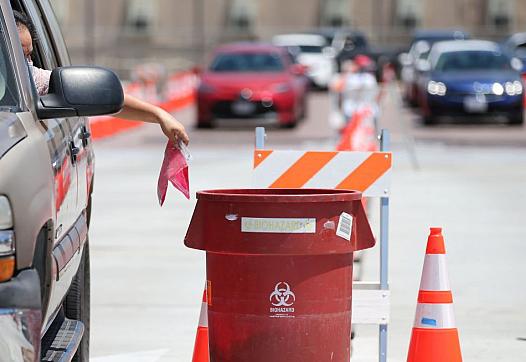
Can a new strategy targeting the hardest-hit communities help bring the surging epidemic under control?

Can a new strategy targeting the hardest-hit communities help bring the surging epidemic under control?

Despite Hawaii’s reputation as a racial paradise, the state is home to striking income disparities that fall along racial and ethnic lines.
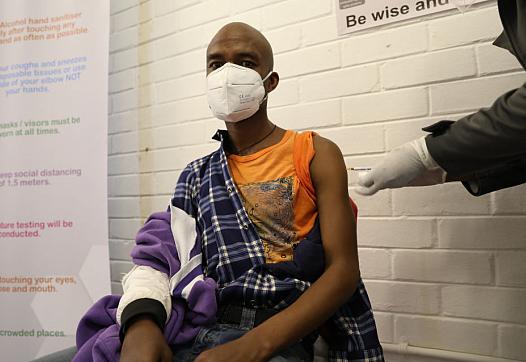
The ugly history of clandestine experiments and abuse of Black patients casts a long shadow.
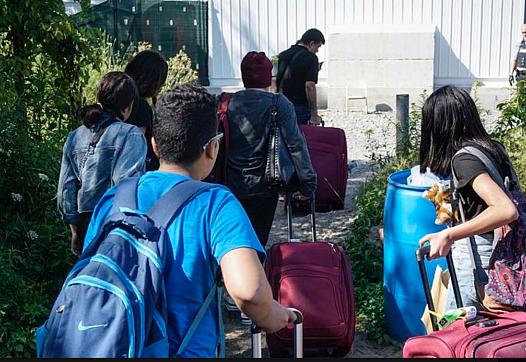
Refugees need help with mental health care, but are they getting it? A reporter plots a deeper exploration of their plight.
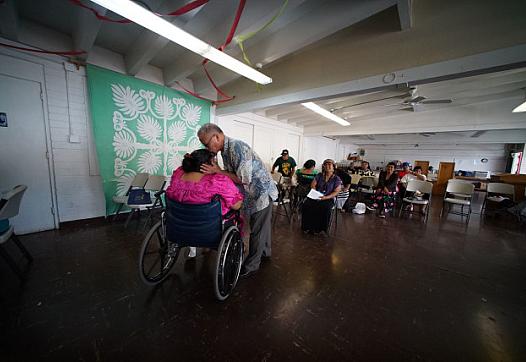
A new study shows the impacts of a 2015 decision to cut health insurance for some of the state’s poorest and sickest residents.
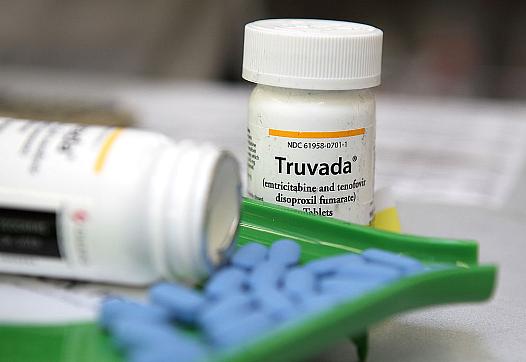
Pre-exposure prophylaxis can save lives, but patients seeking the medications face numerous obstacles.
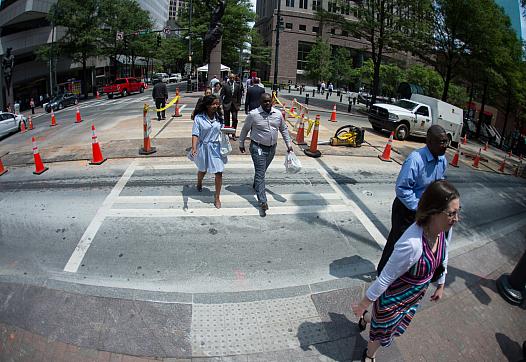
A new reporting project asks, "Why do people of color in an affluent city lack basic medical attention?"

Health sciences are rooted in concepts that go back centuries, and some of those concepts were crafted with a racist lens, writes contributor William Heisel.

Why was the Navajo Nation overlooked in the face of the pandemic?
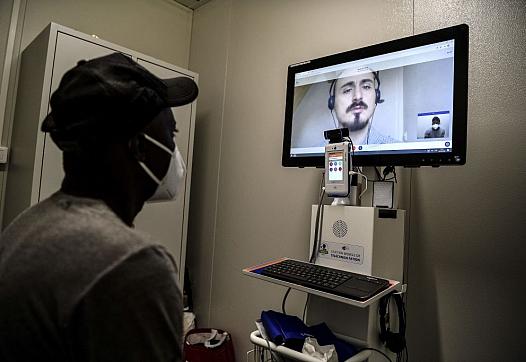
The patient was near death. The physician almost missed it — and warns problems like this will grow as the nation expands telehealth without improving access to technology.